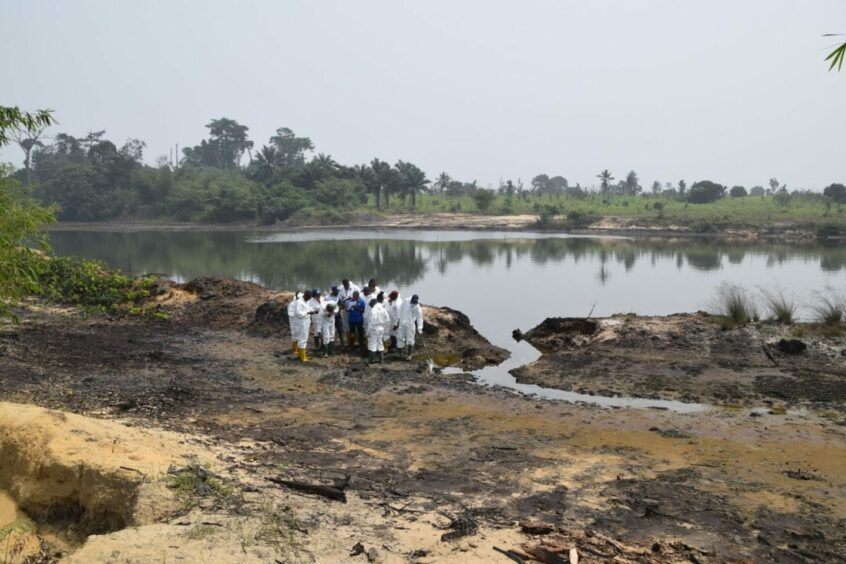
The Hydrocarbon Pollution Remediation Project (HYPREP) is working on a plan to connect Ogoniland to the Nigerian power grid, in an extension of its original focus on remediating polluted lands.
The HYPREP co-ordinator Ferdinand Giadom said initial engineering designs for the Ogoni Power Project had been sketched out.
Discussions with the Ministry of Power are under way. Officials from the ministry are to visit Ogoniland this month for further talks.
“Consequently, the engineering design for this power project is already ongoing and very soon, a team of engineers will be on ground to begin the project,” he said.
The official said the government would carry out the work before the end of President Muhammadu Buhari’s term. A presidential election is under way now, with a vote due on February 23, 2023. Buhari cannot run for a third term.
The power project will “change the economic fortunes of Ogoni forever”. The project will spur growth and development locally, bringing benefits to the people of the area.
Giadom described the Ogoni Power Project as his “flagship” plan. The environment ministry has talked to the power ministry on the topic, he said.
Construction will generate employment initially, he said, with “hitherto idle youths” being put to work. “Consequently, crime rate will drop, and the youths will aspire to productive ventures,” the co-ordinator said.
Hooking the region up to the power grid will also improve the supply of potable water. HYPREP is also backing a drinking water scheme in the area.
Local needs
Giadom said the organisation had held a summit with local youths. This focused on illegal bunkering and artisanal oil refining, in addition to cultism and unemployment.
At the summit, HYPREP set out the plan to train 200 locals. “We are not going to focus on certain groups, but we are going to spread our arms as wide as possible to make sure that we address the livelihood needs of the Ogoni youths.”
While Ogoniland would certainly benefit from regular power supply, so would Nigeria. The country struggles to meet demand and generation was less than 4,000 MW this week. As a result, Nigeria is largely reliant on private generators running on diesel.
Distribution companies in mid-June said the Transmission Company of Nigeria (TCN) had undergone a “grid collapse” for the sixth time this year.
The Federal Executive Council (FEC) approved plans this week to provide additional support for TCN.
